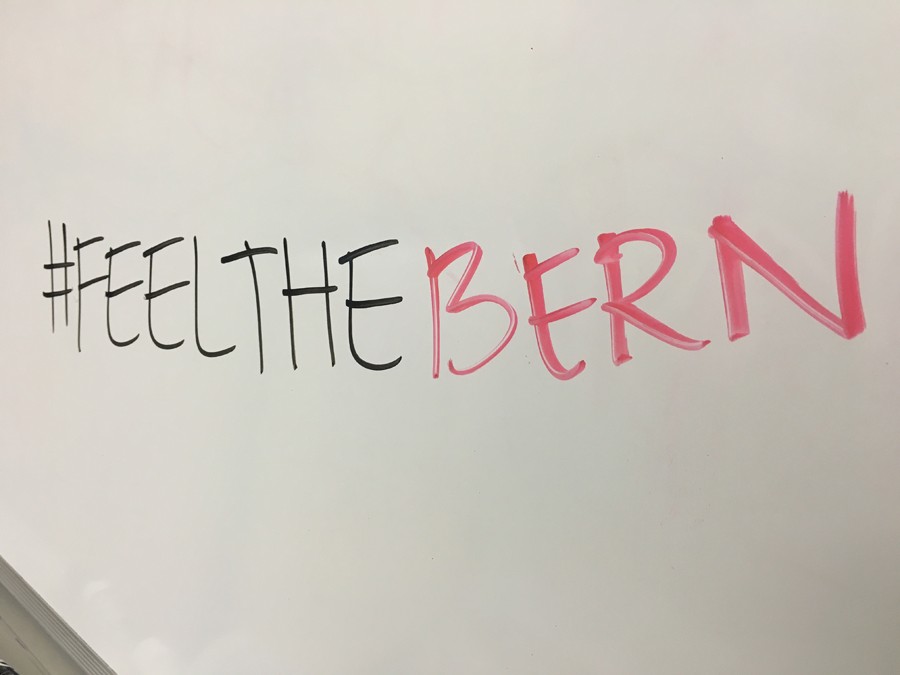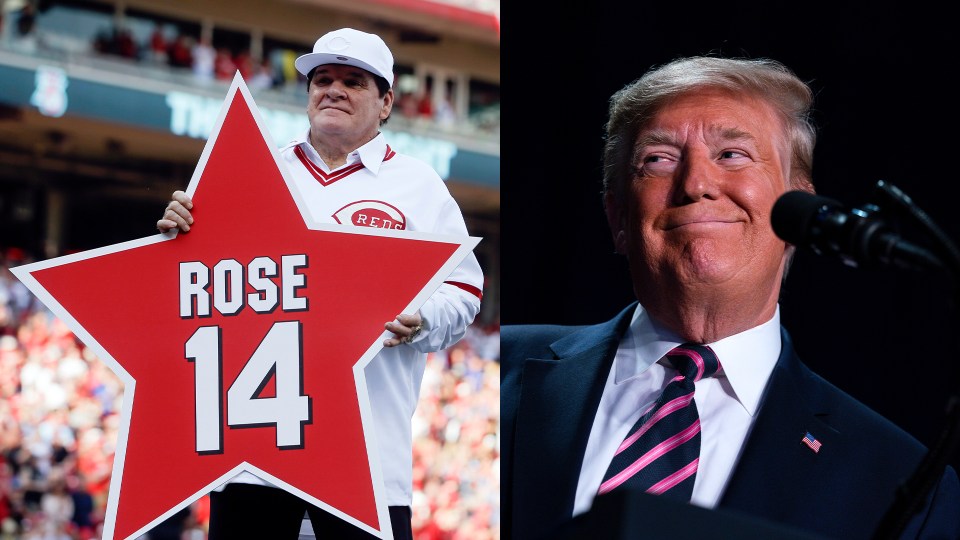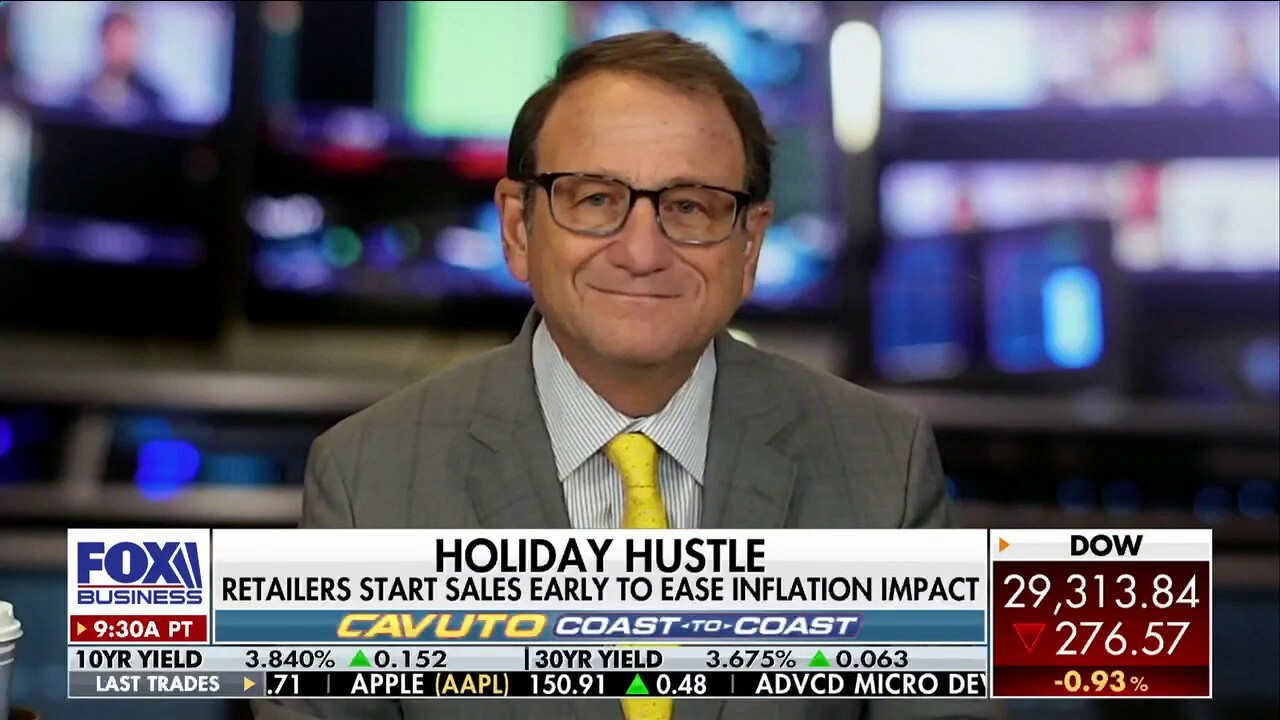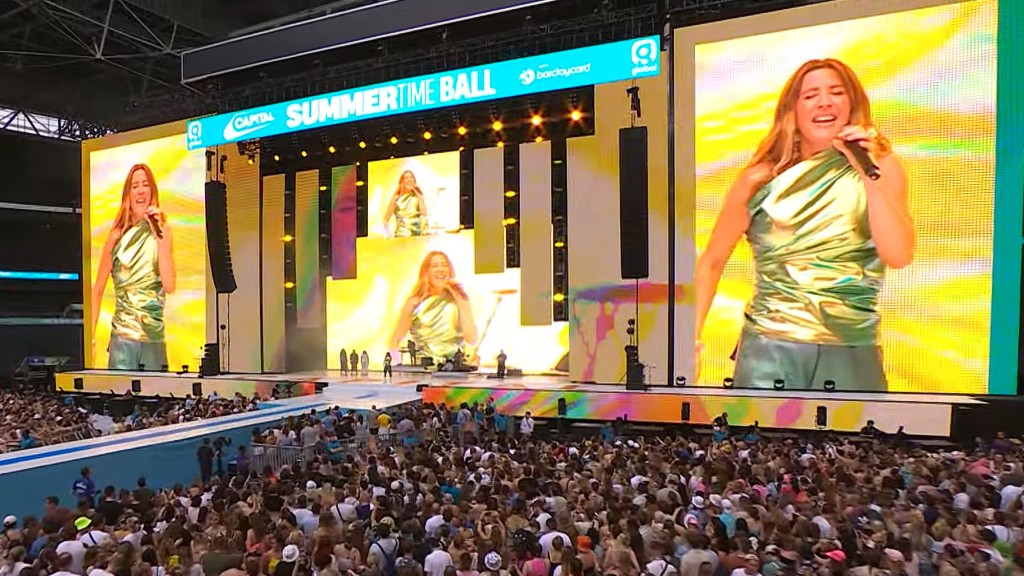Cardinal Maintains Voting Eligibility Despite Conviction

Table of Contents
Legal Framework Governing Voting Rights After Conviction
Felon disenfranchisement laws vary significantly across jurisdictions. These laws, which determine whether convicted individuals lose their right to vote, are often complex and historically rooted in discriminatory practices. While some states automatically revoke voting rights upon felony conviction, others have more nuanced systems, offering restoration of voting rights after completing sentences or parole. Understanding these nuances is crucial to comprehending the Cardinal's case.
- Specific legislation: The Cardinal's case appears to fall under [cite specific state or federal law, e.g., the "Restoration of Rights Act" in State X], which contains exceptions for certain types of convictions or allows for judicial review in specific circumstances.
- Key legal precedents: Cases like [cite relevant Supreme Court cases or significant lower-court rulings on felon disenfranchisement] have shaped the legal landscape surrounding voting rights for convicted individuals, influencing the interpretation and application of relevant laws.
- State vs. Federal Laws: Significant differences exist between state and federal laws regarding felon disenfranchisement. Some states have stricter regulations than others, leading to inconsistencies in voting rights across the country. This disparity highlights the need for greater clarity and consistency in legislation.
The Cardinal's Specific Case and the Details of the Conviction
Cardinal [Cardinal's Name] was convicted of [specific crime – be precise, e.g., a misdemeanor charge of tax evasion]. This conviction, while carrying legal consequences, did not automatically strip the Cardinal of voting rights due to [explain the legal rationale – e.g., the specific wording of the relevant law, a judicial ruling, etc.]. The details of the sentencing are crucial to understanding this outcome.
- Sentencing Details: The Cardinal received [sentence details – e.g., probation, a fine, community service]. The absence of incarceration or certain other penalties may have played a role in maintaining voting eligibility under the existing legal framework.
- Legal Arguments: The legal team representing the Cardinal likely argued [explain the legal arguments used to preserve voting rights – e.g., that the crime was not a felony, that the conviction was overturned on appeal, or that the relevant legislation allows for the retention of voting rights under these specific circumstances].
- Appeals and Challenges: [Mention any appeals or legal challenges related to the conviction or the maintenance of voting rights. If there were none, state that clearly.]
Public Opinion and the Controversy Surrounding the Cardinal's Continued Voting Rights
The Cardinal's continued voting eligibility has sparked considerable debate and controversy. Public opinion is divided, with some arguing that the conviction should automatically result in disenfranchisement, while others emphasize the importance of upholding the right to vote, even for those with criminal records.
- Supporting Quotes: "[Quote from a supporter explaining their position, focusing on the legal aspects or the principle of restoring voting rights]."
- Opposing Quotes: "[Quote from an opponent expressing concerns, emphasizing the severity of the crime or the principle of accountability]."
- Public Opinion Polls (if available): [Include data from relevant polls, citing sources]. [If no polls are available, this section can focus on the types of arguments made in public discourse.]
- Political Ramifications: The controversy has [explain the political repercussions; e.g., it may be fueling discussions about voting rights reform, impacting the Cardinal's standing within the Church, or creating political divisions].
Potential Implications for Future Cases and Legal Reform
The Cardinal's case has far-reaching implications for future legal challenges surrounding felon disenfranchisement. It highlights the inconsistencies and complexities within existing laws and could lead to calls for reform.
- Arguments for Reform: Advocates for reform argue that current laws are often unfair and discriminatory, disproportionately affecting certain demographic groups.
- Arguments Against Reform: Opponents of reform may argue that losing the right to vote is a just consequence of committing serious crimes.
- Potential Legislative Changes: This case could spur legislative efforts to clarify and standardize felon disenfranchisement laws across the country. [Suggest possible changes, e.g., creating a uniform national standard, creating clearer definitions of eligible crimes, and improving processes for restoring voting rights].
- Long-Term Societal Impacts: The long-term impact of this case will likely depend on how it influences legislative action and public discourse on voting rights and criminal justice reform.
Conclusion: Cardinal Maintains Voting Eligibility Despite Conviction – A Summary and Call to Action
This article has explored the complex situation of a Cardinal maintaining voting eligibility despite a criminal conviction. The Cardinal retains the right to vote primarily due to [reiterate the key legal reasons – e.g., specific exceptions in the relevant state law, the nature of the crime, or specific rulings]. This case underscores the need for a clearer and more consistent approach to felon disenfranchisement laws.
Learn more about maintaining voting eligibility by researching relevant legislation in your state. Understand the complexities of felon disenfranchisement by engaging with legal resources and exploring the history of voting rights. Join the conversation regarding Cardinal [Cardinal's Name]'s case and voting rights by contacting your representatives and participating in discussions about needed reforms. Only through informed participation can we ensure a fair and equitable system of voting rights for all citizens.

Featured Posts
-
 Chat Gpt And Open Ai Face Ftc Investigation Key Questions Answered
Apr 29, 2025
Chat Gpt And Open Ai Face Ftc Investigation Key Questions Answered
Apr 29, 2025 -
 Announcing Jeff Goldblum Live At The London Palladium With The Mildred Snitzer Orchestra
Apr 29, 2025
Announcing Jeff Goldblum Live At The London Palladium With The Mildred Snitzer Orchestra
Apr 29, 2025 -
 2025 Nfl Season Chargers Justin Herbert To Play In Brazil
Apr 29, 2025
2025 Nfl Season Chargers Justin Herbert To Play In Brazil
Apr 29, 2025 -
 Will Trump Pardon Pete Rose A Call For Hall Of Fame Consideration
Apr 29, 2025
Will Trump Pardon Pete Rose A Call For Hall Of Fame Consideration
Apr 29, 2025 -
 High Stock Market Valuations A Bof A Analysts Reassuring Assessment
Apr 29, 2025
High Stock Market Valuations A Bof A Analysts Reassuring Assessment
Apr 29, 2025
Latest Posts
-
 Get Capital Summertime Ball 2025 Tickets A Practical Guide For Fans
Apr 29, 2025
Get Capital Summertime Ball 2025 Tickets A Practical Guide For Fans
Apr 29, 2025 -
 How To Buy Tickets For The Capital Summertime Ball 2025
Apr 29, 2025
How To Buy Tickets For The Capital Summertime Ball 2025
Apr 29, 2025 -
 Capital Summertime Ball 2025 Your Step By Step Ticket Buying Guide
Apr 29, 2025
Capital Summertime Ball 2025 Your Step By Step Ticket Buying Guide
Apr 29, 2025 -
 Securing Your Capital Summertime Ball 2025 Tickets The Ultimate Guide
Apr 29, 2025
Securing Your Capital Summertime Ball 2025 Tickets The Ultimate Guide
Apr 29, 2025 -
 Buying Capital Summertime Ball 2025 Tickets A Practical Guide
Apr 29, 2025
Buying Capital Summertime Ball 2025 Tickets A Practical Guide
Apr 29, 2025
